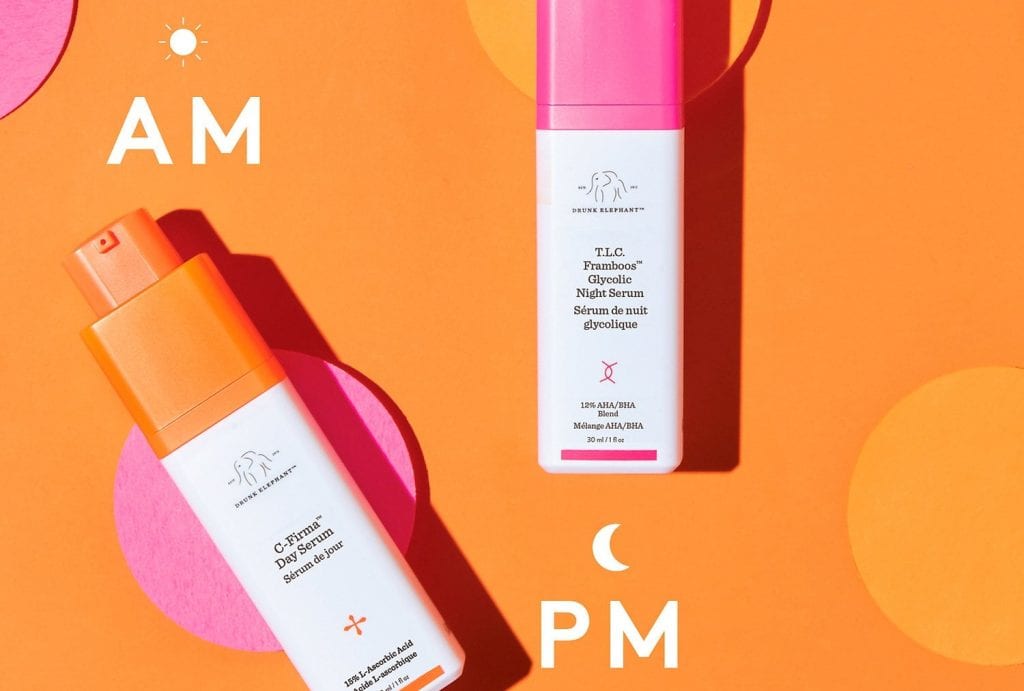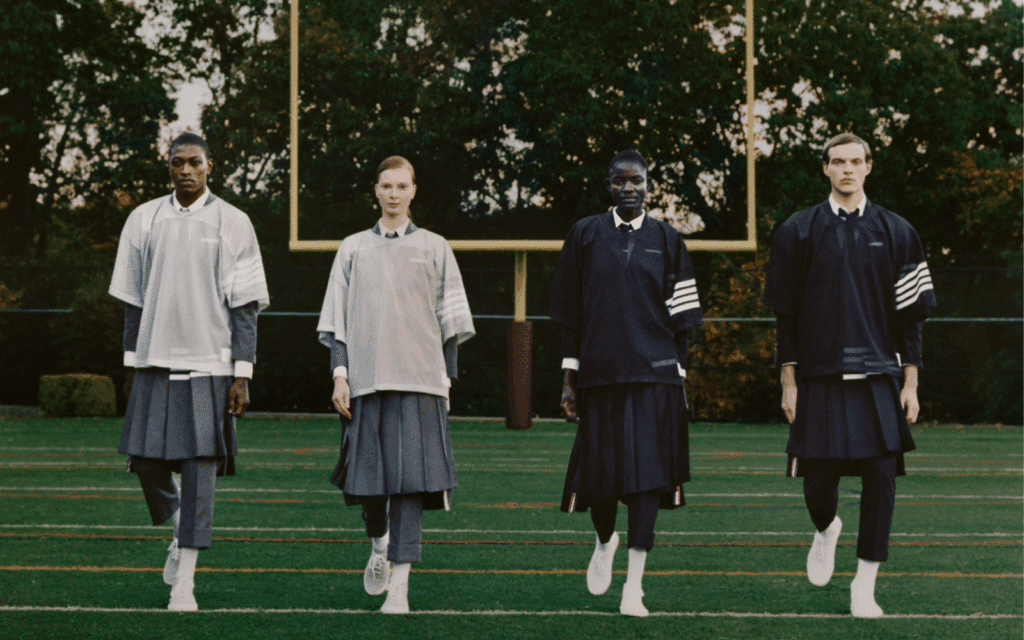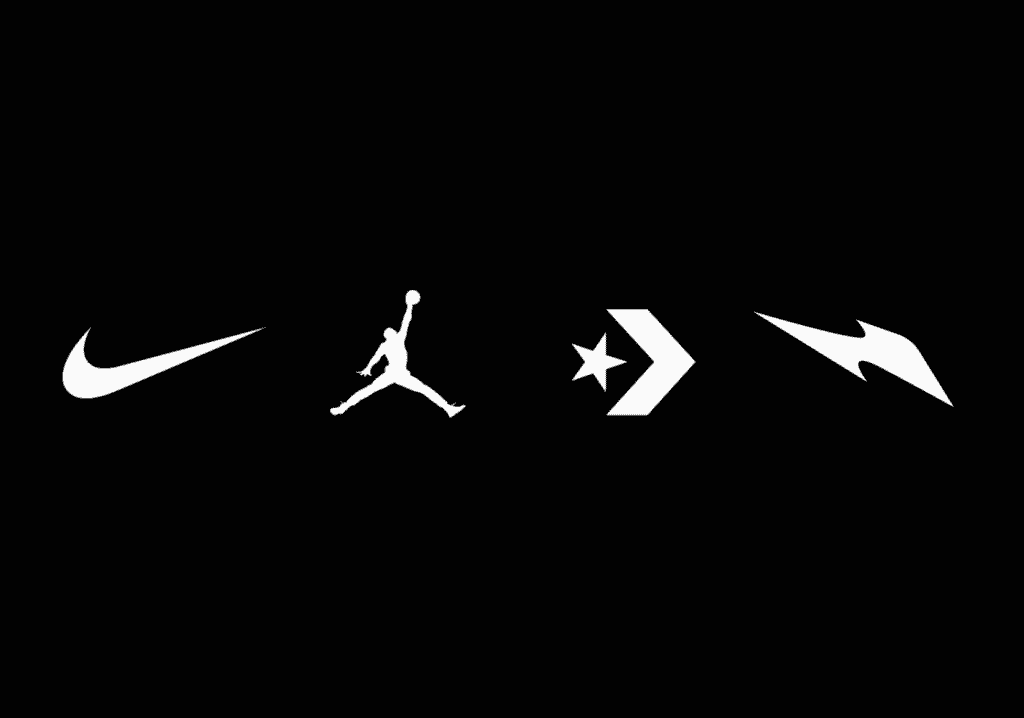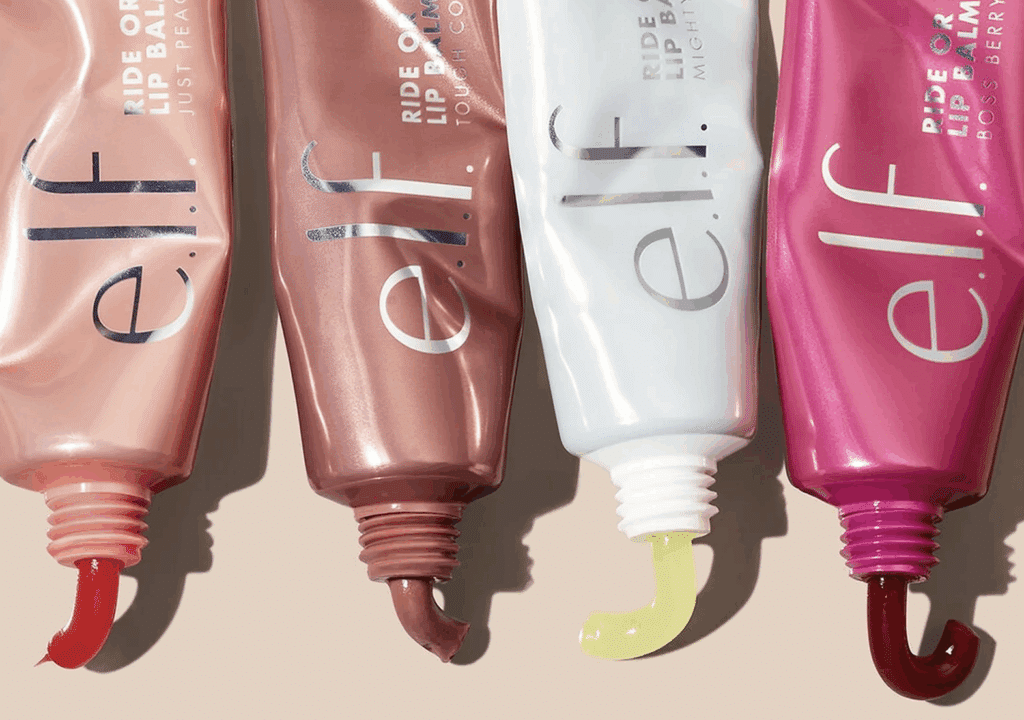Call it a battle of the beauty brands. On Wednesday, the American arm of French giant L’Oreal slapped its much smaller (but rapidly growing) rival, Houston, Texas-based Drunk Elephant with an ugly new lawsuit, alleging that the cult-followed 5-year old brand is infringing one of its patents in connection with an award-winning and highly-buzzed-about $80-per-ounce Vitamin C serum.
According to the complaint that L’Oréal USA Creative Inc. filed against Drunk Elephant in a federal court in Austin, Texas on Wednesday, Drunk Elephant – by way of its C-Firma Day Serum – “has infringed and continues to infringe claims” in a utility patent that L’Oreal has held since early 2007.
L’Oreal alleges that as a result of its patent (no. 7,179,841), which is embodied in Skinceuticals’ $180 C E Ferulic serum (L’Oreal owns the Skinceuticals brand), it “possesses all rights, title and interest in … stabilized ascorbic acid compositions and methods therefor,” which “provide enhanced stability, enhanced solubility and an enhanced photo-protective effect [for ascorbic acid] as compared to prior compositions.”
In particular, L’Oreal claims that by manufacturing and offering for sale the C-Firma Day Serum – which contains a specific “single-phase solution composition” of a cinnamic acid derivative selected from p-coumaric acid, ferulic acid, caffeic acid, sinapinic acid; cis and trans isomers; an alkanediol; and water and mirrors that of L’Oreal’s patent-protected composition – Drunk Elephant is directly infringing its ‘841 patent.
How exactly did Drunk Elephant come to sell a product of a very similar makeup to L’Oreal’s? Well, the ingredients/makeup of L’Oreal’s compound is not a secret because there is a patent in play here and this is not a trade secret case.
In exchange for patent protection (i.e., exclusive rights in an invention for a specific duration, 20 years for a utility patent), inventors must reveal the inner working of their invention by way of their patent filing. After all, the purpose of the patent system has traditionally been to encourage the development of new inventions, and simultanously, to encourage the disclosure of those new inventions for the public good since the period of protection for patents is limited and once a patent expires, the invention is free for any/all to use, thereby, serving to benefit society.
With that in mind, there is a trade off for parties seeking patent protection, which includes the risk that competitors will take the now-publicly-available information (as patent filings are publicly-available) and attempt to create something similar (but ideally, for the competitor, non-infringing).
That appears to be what might be in play here. L’Oreal asserts, “Drunk Elephant has infringed claims of the ’841 patent, either literally or under the doctrine of equivalents, through the manufacture and sale of infringing products under at least the ‘C-Firma Day Serum’ brand. (The doctrine of equivalents is a legal doctrine that enables a court to hold a party liable for patent infringement even if the infringing product/use process does not fall within the literal scope of a patent claim, but is equivalent to the patent-protected product/use).
“Drunk Elephant has at no time, either expressly or impliedly, been licensed under the ’841 Patent,” L’Oreal notes, thereby, giving rise to the infringement suit.
The beauty giant goes on to claim, “Despite knowledge of the ’841 Patent as early as September 21, 2018, when L’Oréal informed Drunk Elephant of infringement via letter … Drunk Elephant continues to encourage, instruct, enable, and otherwise cause its customers to use its products, which infringe the ’841 Patent.”
As a result, L’Oreal has set forth a claim of patent infringement and is seeking monetary damages “to compensate L’Oréal for Drunk Elephant’s past infringement and any continuing or future infringement up until the date such judgment is entered,” and injunctive relief, which would immediately bar Drunk Elephant from continuing to infringe the ‘841 patent by way of its products.
Drunk Elephant, which was founded by stay-at-home mom-turned-beauty entreuprenur Tiffany Masterson in 2013 and is expected to surpass $100 million in revenue this year, joins a growing number of beauty upstarts that are readily taking on the industry’s stalwart brands and winning over consumers with their “clean” products, oftentimes relatively lower prices, and in many cases, their inherently Instagrammable packaging.
A rep for Drunk Elephant was not immediately available for comment.
A spokesman for L’Oreal USA told TFL, “We believe that the scientific inventions that make our products so innovative are a strategic and competitive advantage and we are committed to protecting our valuable intellectual property.”
*The case is L’Oréal USA Creative, Inc. v. Drunk Elephant, LLC, 1:18-cv-00982 (W.D.Tex.)














